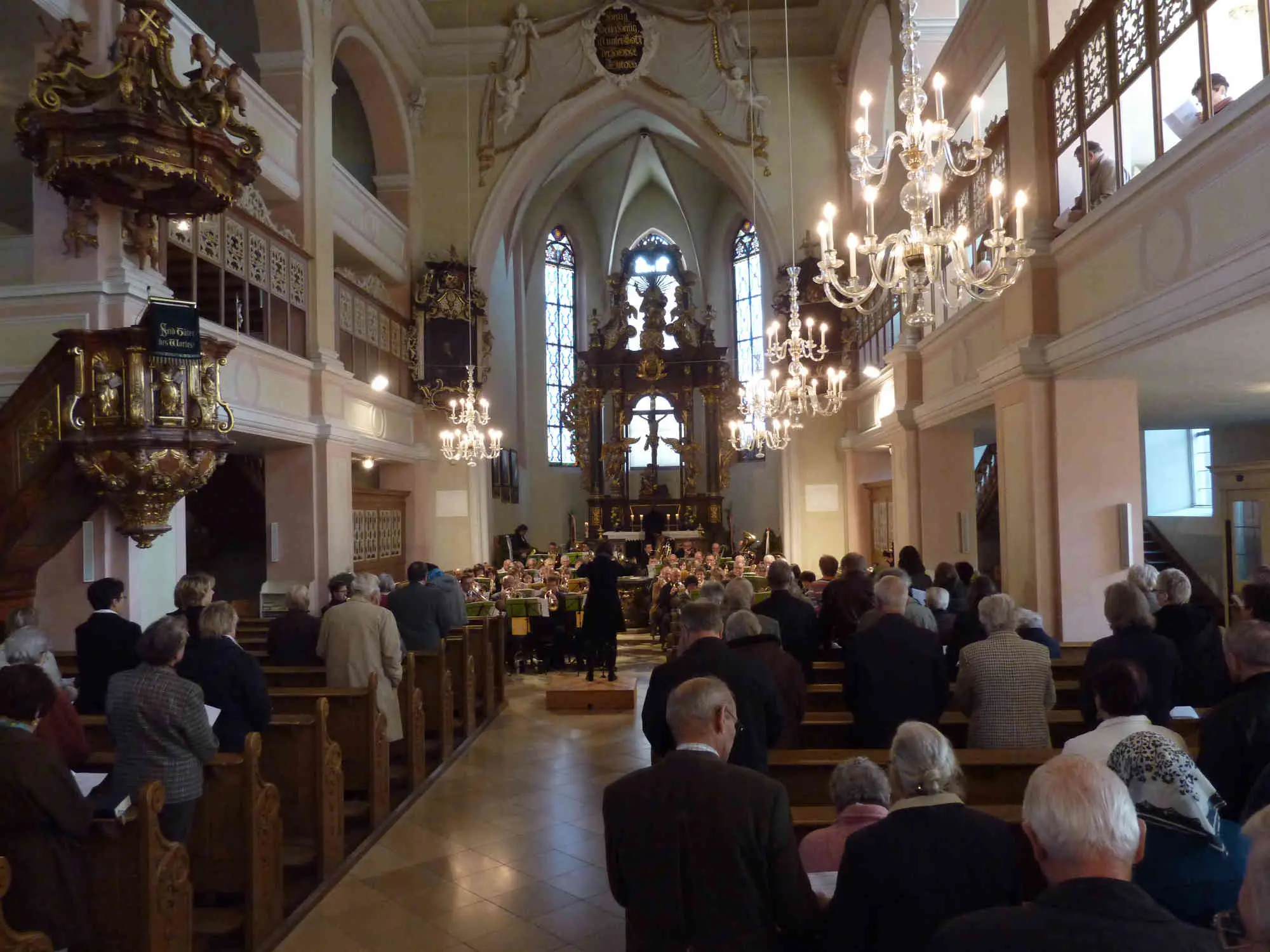Last post we looked at statistics that showed that church attendances in Australia are still in decline. People are leaving and those who stay are attending less often. Smaller churches are most likely to become unsustainable.
This post we’ll look at some ways to start thinking about turning this around and making the Christian faith more relevant to those around us.
What are we aiming at?
Should the church’s main aim be simply gaining numbers, make more converts? We use attendance as a measure, but hopefully our aims are higher than that.
Surely we aim to be the church God wants for this time and place.
And surely we know what that is. A church that loves God whole-heartedly, loves our neighbour as ourselves (Matthew 22:35-37), and makes disciples who live in the same way (Matthew 28:18-20).
This is the mission given by Jesus to his followers back then, and it remains with us today.
It isn’t just about numbers, but about changed lives, purpose and making a difference in the world.
But how we achieve that is the question.
Spirit or strategy?
The most obvious way to start is to analyse our present situation. Who are the people around us and what are their interests and needs? What can we do, in our churches and reaching into the communities around us, to meet those needs, attract their interest, show them how following Jesus satisfies their deepest longings?
We would do demographic analysis, get out and talk to people, read the local newspapers and community notice boards. Then we’d do special outreach programs targeted to those people and needs that we feel we can address.
But is this enough? Is it even “right”?
Are we simply “selling” Jesus like someone else would sell beer or a new car? And is it not what we are already doing, and it’s not really working?
So there are many who offer an alternative. It is only the Holy Spirit who can bring revival, they say. We need to pray earnestly for revival, and wait to see how God responds.
But does this just mean we abrogate our responsibility and justify inaction and refusal to change?

A three part approach
It seems to me we need to approach this challenge in three ways.
- Pray for the Spirit’s guidance.
- Do the demographics and observation.
- Examine ourselves and what we are currently doing in our churches.
What did Jesus do?
It is clear from the New Testament that Jesus’ main message was the kingdom (or reign) of God. How he was God’s agent in establishing God’s loving rule on earth via those who welcomed it. How that was going to make all things new.
This teaching runs right through Jesus’ whole ministry – e.g. Mark 1:15, Luke 8:1, Luke 9:2, Matthew 12:28, Mark 10:14-15, Luke 9:11, Mark 10:24-25, and so much more.
We cannot understand Jesus without understanding the kingdom of God. It is a holistic message, about healing and wholeness (Luke 10:9) and right relationships with each other (Luke 13:29) and with God (John 3:5). And our response requires commitment and focus (Luke 9:62) and humility (Mark 10:15).
Too often we have narrowed down that message to one of personal salvation, ignoring or minimising the holistic and outward nature of Jesus’ call to us.
What does this mean for the church?
Surely we must ask:
How is the church part of the kingdom of God, and how does that change things?
If we can answer that question, we will be half way to a more effective church. We will be closer to valuing what is most important.
1. The Spirit
Belief in the Holy Spirit is a part of the generally accepted Trinitarian theology of almost all Christian denominations. But how we put that theology into practice varies enormously.
My observation is that for most churches, the Holy Spirit is more or less taken for granted. Sure, we pray specifically on occasions for the Spirit to guide or convict, but it seems almost cursory (to me, at any rate).
Some more Reformed churches seem to take this to the extreme. God is sovereign, he will do what he will, the Spirit will act almost automatically and our job is to submit to that. That may be unfair, but it is how it seems (to me). I get the feeling they would be shocked and upset if the Spirit chose to act in some direct way like we see in Acts.
Pentecostal and charismatic churches are much more open to the Holy Spirit. But the danger is accepting some apparent manifestations of the Spirit without applying the checks and discernment scripture suggests (e.g. 1 Corinthians 14:29).
Depending on the Spirit
I feel we need to pray more, as both churches and as individual Christians. Asking God to keep on filling us with his Spirit (Ephesians 5:18) and to guide us into right understandings (John 16:13) and appropriate decisions. Helping us to understand the needs of the communities around us.
This isn’t something I would claim to be expert in. But we do pray every day for this in our own lives and the lives of our family and friends, and our church.
It think it is something we all need to grow in.
Some churches make prayer for the Holy Spirit’s guidance and empowering one of the most important features of their services. And almost always provide opportunity and encouragement in each service for individual prayer.
If we want to revive the church with the power and guidance of the Holy Spirit, surely this ought to be a high priority in our services, instead of other elements.
But if we do, we have to be willing to go along for the ride. The Holy Spirit may lead us in unexpected directions, contrary to what we are familiar with. Our foundations may be challenged.
2. Examining ourselves
Self examination is beneficial on a personal level, if it doesn’t become obsessive. I believe it is necessary on a church level as well. There are many questions we could ask ourselves, for example:
Are we a church people would want to be part of?
What sort of people do you like to mix with?
Would it be people who are welcoming, loving and caring? People who are community minded and think of the needs of others? People who are willing to put themselves out to help when needed? People who are interesting and interested in you, creative, and fun?
That’s what I’d appreciate.
So are our churches like that? Are we outward looking, serving the community around us. Are we accepting of new people even if they’re different?
If we’re not, why would anyone want to join us? If we are, what practical ways can we express our values?
Are our churches creating active disciples or passive consumers?
Controlling things is a constant temptation for church leaders. It keeps things on track. It keeps things tidy and “nice”. It prevents wacky ideas being presented, however innocently.
So church services, home groups and church life are often controlled. The pastor prepares the sermon because he knows the truth better than anyone else and won’t deviate from it. Other inputs to the services are by “safe” people. Bible studies are written by staff to ensure they stay on track. Alternative ideas are submerged if possible.
It may not always be like that, but it often is.
Trouble is, that control makes it difficult for people to grow in their faith and their gifts. Often it leaves the pastor doing things he or she isn’t gifted to do, while other gifted people in the congregation languish.
The task Jesus has left us needs everyone actively using their gifts as the Holy Spirit leads. Serving the community or making disciples from the wider community will often require understanding the subcultures around us. For all their theologial expertise, pastors and ministers may not have those gifts nor that understanding.
So a successful church will probably need to have an active discipleship program that equips, encourages, supports and gives recognition to “laypeople” using their gifts and being the hands, feet, ears and mouths of Jesus into the world. They, we, all of us, are “ministers”.
Do our services match our aims?
Your denomination probably has traditions on how services are run. But if we were only just now beginning the church, would we do things the same?
There are good reasons to think otherwise.
- Sermons are not a good way to teach or to encourage change.
- Discussion and involvement are important in grow and being motivated.
- There are many ways to involve people.
- There may be better ways to carry out Jesus’ mission.
3. Scratching where people itch
The gospel record shows that Jesus spoke individually to people. He put different challenges to each one and responded to each one’s particular needs and situation. For example, compare how differently he spoke to Zacchaeus (Luke 19), a rich man (Mark 10), a despised woman (Luke 7), Nicodemus (John 3) and a Samaritan woman (John 4).
He certainly had no “gospel” formula)!
Paul also said (1 Corinthians 9:19-23) that he varied his approach to appeal best to the people he was amongst. His public speeches in Acts illustrate this – compare how he spoke to Jews (Acts 13:15-42) and to Greek philosophers (Acts 17:22-33).
So it makes sense that we should do the same.
People’s felt needs
There are many reasons why a person may choose to follow Jesus:
- they feel the need for forgiveness,
- they want to receive eternal life,
- they are looking for purpose in life,
- they experience Jesus’ love for them,
- they want to be part of a Christian community,
- they need, or have received, healing,
- etc
Instead of focusing all our evangelism on one of these, we can learn from Jesus and Paul. Under the guidance of the Spirit, we can seek to show how following Jesus can meet their particular needs.
Needs in our culture?
It will be different in each subculture and with each person, but it seems to me that conviction of sin is not generally the way the Holy Spirit leads people to Jesus these days. That comes later. Nowadays, people’s felt needs seem to more likely be:
- loneliness and the desire for close community,
- physical and emotional healing (maybe “miraculous”, maybe not)
- a sense of purpose and meaning, and
- a way to express the altruism they feel.
These can all be found in following Jesus and serving in God’s kingdom. A church community that offers these ways of coming closer to Jesus opens up many more avenues for unbelievers to become converts and disciples.
A church for all seasons
I suggest a useful aim for a kingdom-oriented church (adapted from Soul Survivor) is Word, Spirit, Action, Community.
Many churches focus on one or two of these and fall short on others. But a holistic church will surely want to have an emphasis across them all.
Read more
I will be addressing all of this in more detail in coming posts. Meanwhile you may wish to check out these pages.

Urban tribes and the church
Our fast-paced urban culture is far removed from the culture of most churches. If we don’t understand the mission field, how will we ever connect?

A church more like Jesus?
We say Jesus is the son of God, saviour, teacher, miracle worker. But how much notice do we take of his teachings and example? Here are three important places where I believe we need to take more notice.

Evangelism in the twenty-first century
Are the old ways working? Some ideas for trying something new and more appropriate to our culture and time.
Photo by Buro Millennial, with modifications by Eric.

Leave a Reply